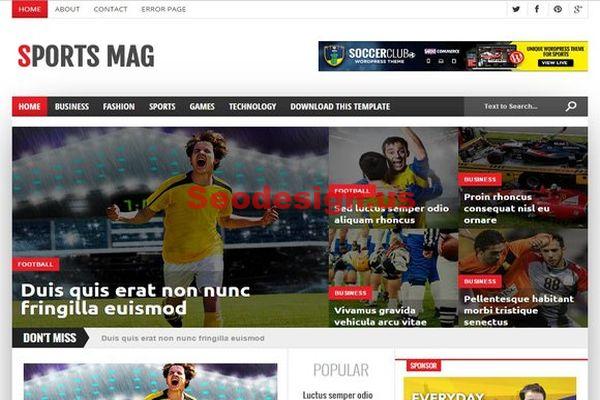Across all marketing strategies, persuasion is the main ingredient behind every successful conversion. If your web marketing strategies aren’t persuasive, you won’t capture leads, get sales, or generate fans.

Why should a visitor buy your product, watch your video, like your Facebook page, or sign up for your email list? Why should users pay to access premium content? It’s your job to convince visitors to take specific actions, and that requires persuasive marketing.
Here’s how you can use persuasion to capture and convert more leads:
- Know what your market wants
You must know what your market really wants before you can persuade them to take a specific action. Your persuasion methods need to be anchored in your market’s desire. This is where most businesses get stuck, often without knowing it. For instance, how do you know what your market wants? The answer to this question should be backed by market research, but all too often, what a market wants is assumed and not researched, even by major corporations.
Market demand and desire can’t be assumed based on what seems obvious. Sometimes products that provide obvious benefits aren’t actually desirable to consumers. For example, Google+, the DeLorean, Microsoft’s Zune, and 138 other well-meaning products failed miserably. However, one failed product stands out – brewed coffee in a carton by Maxwell House.
Why would brewed coffee in a carton fail? Supermarket shelves today are lined with brewed coffee in cartons, bottles, and cans. The problem in this case wasn’t with the product (brewed coffee), but with the way it was marketed. Maxwell House told customers to go through the trouble of heating this coffee up. It was an extra step consumers weren’t willing to take. Why not just brew a fresh pot of coffee?
The company assumed heating up coffee from a carton in the fridge was more convenient than brewing fresh coffee. Market research would have saved them from this fail. What’s notable about this product fail is that Maxwell House had a perfectly viable product that actually would have been in demand, had they marketed the product as iced coffee instead of hot.
If you assume your market wants your product because it seems obvious, it’s time to dive into some research.
- Think of SEO as a lead generation tool
You already know SEO will bring you traffic, but traffic isn’t worth anything if it doesn’t convert. By shifting your thoughts about SEO toward lead generation, your efforts will become intentional and targeted toward generating conversions. For example, when SEO is a lead generation tool, you’ll be as specific with your page titles as you are with your email subject lines.
According to Bambrick Media, Google processes more than 40,000 internet searches per second. That’s more than 3.5 billion searches every day. Eighty-eight percent of users click on organic results. SEO is essential for getting your webpages to come up on the first page of a user’s search results. However, being included in search results is only the first step. Next, you need the user to click on your link. That’s accomplished by using persuasive titles and descriptions.
Think of it this way. Users are searching for something specific. A specific webpage title will capture a user’s attention more than a generic title. Webpage titles need to be specific and relevant to convince a user to click. Just like an email subject line, you’ve got one short line of text to convince users to click.
- Gather data on what your users are doing
To convert more leads, you need to know what’s driving people away. One way to gain insight is by using session replays. A session replay is exactly what it sounds like: a video replay of a user’s browsing session on your website. It’s a video playback of what users did when they visited your site. You can see where they clicked, hovered, and paused.
Session replays give incredible insight into areas of your site that need improvement in the persuasion department. If your main content is a video in the middle of your page, and users are hesitant to click play, revisit the basics of creating persuasive content.
- Read books on persuasion
Any information you absorb on the art of persuasion will benefit you in your marketing efforts. Read as much as you can by persuasion expert and New York Times best-selling author Robert Cialdini Ph.D., including his books Pre-Suasion and Influence.
Persuasion is worth the time it takes time to learn
The equation is simple. Knowledge + persuasion = leads. Know what your market wants, and persuade them that taking your requested action will get them closer to that goal.





